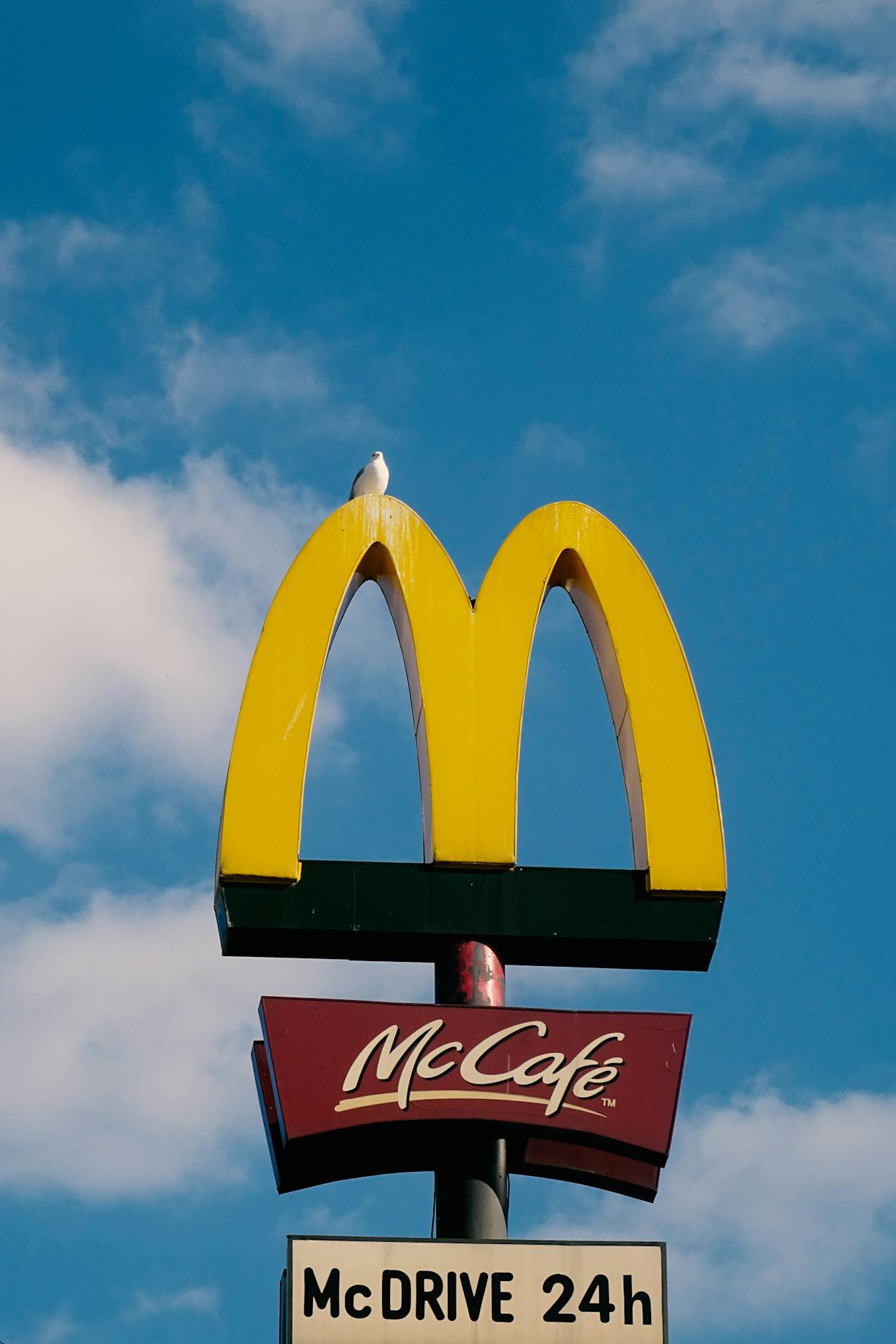
Trademark Dilution Claims in the United States
People that have some familiarity with trademarks know that often times the million-dollar question is whether a trademark is likely to be confused with another trademark. After all, this is the basis of establishing trademark infringement as well as one of the most important factors in whether a trademark receives federal registration.
But in some cases, even where a trademark is not likely to be confused with another, that does not mean that it is completely safe. Trademark dilution is another cause of action that only applies to certain trademarks.
Trademark dilution claims are focused on preserving the uniqueness, strength, and reputation of a famous trademark.
What Is Trademark Dilution?
Trademark dilution refers to the unauthorized use of a famous trademark in a way that lessens the mark’s distinctiveness or tarnishes its reputation. Even if consumers aren’t confused about the origin of goods or services, such unauthorized use can still harm a famous mark by eroding its ability to stand out or by associating it with negative or inappropriate products.
There are two primary types of trademark dilution: (1) Dilution by Blurring and (2) Dilution by Tarnishment.
Blurring occurs when the distinctiveness of a famous mark is weakened through its use on unrelated products or services. When a famous mark is used by multiple businesses for different products, it becomes less associated with the original brand, and its unique character is diminished.
Example: If a small company started selling home appliances under the name “Google,” consumers would not be confused into thinking that Google, the tech giant, was suddenly manufacturing refrigerators. However, the use of “Google” on unrelated products could weaken the distinctiveness of the name, making it less powerful as an identifier of Google’s services.
Tarnishment occurs when a famous mark’s reputation is harmed by its association with inferior or inappropriate products or services. Tarnishment usually involves the mark being used in a context that could damage its positive image, such as associating the mark with offensive or low-quality products.
Example: If a company were to use a famous mark like “Gucci” on a line of cheap, low-quality goods, or in connection with adult entertainment, it could tarnish the reputation of the luxury brand by associating it with products or services that are inconsistent with its image.
Key Elements of a Trademark Dilution Claim
To successfully bring a trademark dilution claim in the U.S., a trademark owner must prove several key elements. These elements are necessary to establish that the trademark is entitled to protection under the TDRA and that the unauthorized use has, or is likely to, cause dilution.
The Trademark Must Be Famous
A dilution claim can only be brought by the owner of a famous trademark. To be considered famous, the mark must be widely recognized by the general public as a designation of the source of goods or services. Fame is determined by several factors, including duration of use, extent of advertising, geographic reach, and of course, overall consumer recognition.
The Alleged Dilution Occurred After the Mark Became Famous
The unauthorized use of the trademark must occur in commercial contexts and must have begun after the trademark became famous. The law does not provide protection for a famous mark if the unauthorized use occurred before the mark gained its wide recognition.
For example, if a mark like “Apple” became famous in 1995, any use of the mark on unrelated goods or services after that time could be subject to a dilution claim. However, uses that predate the fame of the mark would not support a claim.
Likelihood of Dilution
The unauthorized use of the mark must be likely to cause dilution, either through blurring or tarnishment. This likelihood must be demonstrated with evidence, and the courts typically consider factors such as: (1) the similarity between the famous mark and the alleged diluting mark, (2) the degree of distinctiveness of the famous mark, (3) the extent to which the owner of the famous mark is engaging in substantially exclusive use of the mark, and (4) the degree of recognition of the famous mark.
Defenses to a Trademark Dilution Claim
Because trademark law is often designed with the intention of preserving honest competition and seeks to refrain from limitations on free speech, there are defenses are available in a trademark dilution claim. These include:
Fair Use: The use of a famous mark for non-commercial purposes, such as parody, criticism, or commentary, is protected under the fair use doctrine.
News Reporting and Commentary: Trademark law protects the use of famous marks in news reporting or editorial content, even if the use is critical of the trademark holder.
Comparative Advertising: Using a famous trademark to compare products or services, as long as the use is truthful and not misleading, is generally allowed.
Trademark dilution claims are an important tool for protecting the value of famous trademarks in the United States. Unlike traditional trademark infringement, which focuses on consumer confusion, dilution laws protect against the weakening or tarnishing of a famous mark’s distinctiveness. For a successful claim, the trademark must be famous, and the unauthorized use must be likely to cause dilution through blurring or tarnishment. By understanding these legal principles, businesses can better safeguard their famous marks and ensure that their brand identities remain strong and untarnished in the marketplace.
Inside Out Legal is your In-House Extension.
We handle a wide variety of matters that are typically handled by corporate in-house legal departments. We are available to provide additional legal resources directly to the general counsel’s office to handle overflow and specific projects. We are also able to provide services directly to the business team itself. Our team regularly counsels clients on how to comply with federal and state regulations that govern healthcare, higher education, information technology, data privacy and security, commercial real estate and various other highly regulated services. We also have extensive experience creating or revising compliance programs on behalf of our clients.
Learn more or schedule a consultation with one of our expert attorneys at https://inoutlaw.com/
